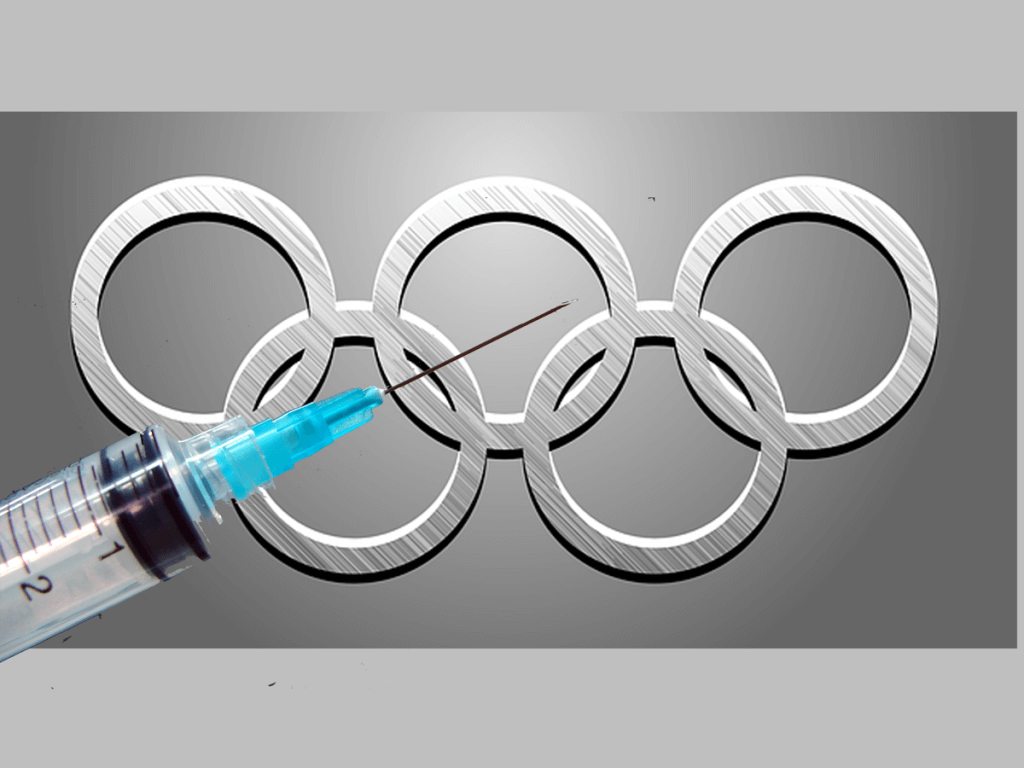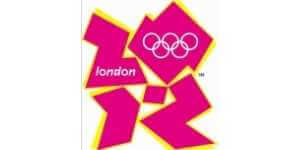From Swimming World Vault: In My Mind – It’s Wrong to Accuse, Fine to be Skeptical; Exclusive Victor Conte Comments

In light of the recent news concerning Yuliya Efimova, Swimming World thought it would be appropriate to visit the Swimming World Vault to revisit what was being written back in 2012 during the London Olympics.
Column by Nathan Jendrick
LONDON, England, July 31. WITH amazing performances splashing through the pool in London we are, as expected, embroiled in a controversy about whether or not it is right to question the performances of a few particular athletes. The answer is simple: Yes, it's fair to question. But to accuse them as if somehow you or I know without a doubt that they're cheating? No, that's wrong.
The general problem of uncertainty lies in sheer number. There aren't enough drug tests, there's not enough time, there isn't enough money, there's too much at stake, and there are just so many athletes. But that doesn't mean we give up the fight to catch unethical athletes, nor should we assume that because athletes aren't being caught that there aren't athletes needing to be caught.
The ideology that athletes are “innocent until proven guilty” is romantic, but it's impractical. The 107 athletes that the World Anti-Doping Agency announced were caught before the Olympic Games even began in London are a testament to the rampant levels of cheating going on in sport. Catching those athletes that could have tainted the Games is, without question, a huge success. But it would be naive to think they were the only unscrupulous athletes trying to reach London. How, though, did WADA achieve such a benchmark before the Opening Ceremonies? According to WADA president John Fahey, they were running a program that focused on athletes they deemed suspicious. As this anti-doping body agrees, it's perfectly acceptable to be suspicious. And, in the anti-doping sense, it's even effective.
The problem we have with assuming that everyone who wins and doesn't test positive is therefore a clean athlete, is that we lose sight of the importance of catching the people who are indeed cheating. If we want to say that no positive test means we're in a clean sport–when we know that isn't true–we may as well stop testing in general and allow ourselves to be fooled by tainted swims. But no one wants that. Why, then, is it somehow unthinkable to be slightly skeptical of particular performances?
Huge drops in time by athletes that are relatively unknown will always get a raised eyebrow. Likewise, when an athlete comes from a country that has had more positive tests and bans than any other, while also having a former teammate test positive for an endurance-boosting blood agent just months beforehand, while then swimming the most amazing endurance-based swim in history en-route to a world record, it is only logical that sport purists get curious. You can't help it. In 1994, after a surge in swimming success, 11 Chinese women swimmers tested positive. In 1996, their results as a country were back to historic norms (i.e. not very good). But, in 1998 when they were back on the upward climb, they were caught yet again with an epidemic doping program. What's that saying about those who forget the past?
This also presses a point often not made: Athletes who get caught probably didn't just start cheating. Several athletes who have been caught doping have been high-level competitors who have had multiple championships–world and/or Olympic–to their name. If they were clean during those times, why would they start cheating? It doesn't make sense. We, by virtue of these dirty, selfish athletes, must therefore at least keep an open mind about what's going on. Yes, we should enjoy the victory and enjoy the progress in the sport, but let us not be so ignorant as to deceive ourselves and assume that every giant leap forward is somehow natural progression. It's not. That's fact. We can't let our skepticism ruin our enjoyment of the sport but neither can we let our wishful thinking make us all fools when the next big bust comes.
My friend Victor Conte, the man behind the BALCO scandal, knows a few things about drug testing in the world of sport. After going down the wrong path in assisting athletes to beat the test, getting caught and paying the price for his proverbial sins–that would be prison time, not the slap on the wrist many athletes who test positive receive–Victor is now one of the top crusaders for clean sport. When I asked him for his thoughts exclusively for this column, he was very much a realist in what he expected in London.
“In my opinion,” he stated, “there will be rampant use of fast acting testosterone by athletes… Until the drug testers begin to routinely use the CIR (carbon isotope ratio) test to screen for synthetic testosterone, I believe athletes will use the huge loophole… that exists to gain a competitive advantage.”
So even with negative tests, we're likely seeing champions crowned who don't deserve it. Again, I don't advocate condemning every out-of-this-world swim–I don't advocate that for any incredible swims for that matter–but it is absurd to lambast another individual who expresses concern over how a result was achieved. They are, as a fan, as someone who cares about clean sport, worried that some athletes may be taking advantage of an opportunity to cheat. And they have that right. We all have that right.
According to Victor, athletes using fast acting testosterone “will be back down within the 4:1 ratio within a matter of hours. An athlete could possibly use it before bed and wake up and test negative the following morning.”
With cheating seemingly as easy as this, why is it out of line to question performances by athletes just because they haven't tested positive?
A common argument is that Americans question any performance that is done by a foreign athlete and embrace any performance–no matter how amazing–done by an American. This is asinine and only argued by those opportunistic enough to hope a statement so outrageous will be taken at face value.
Track used to be the premier sport during the Olympics. American media and sponsor dollars flocked to those athletes and the spotlight shone brightly. Then, the facts about rampant cheating came to light and fans and corporate partners turned their backs. These were American fans, American companies, American broadcasters. Let us not forget it is the U.S. Anti-Doping Agency pressing forward against Lance Armstrong. Barry Bonds, Mark McGwire, Roger Clemens: All American athletes that were literally spat upon because of their suspected dirty deeds. A better example still: Marion Jones. Those who say Americans protect their own apparently didn't look at any mainstream magazines for the course of a year or so. Yet somehow the ignorant want to say “it's only when a foreign athlete…” No, that's nonsense. Get over it.
Even still, this isn't an American problem, we must remember. This isn't a Chinese problem. This is an issue that surrounds the world of sport and must be dealt with. We need more effective testing–that includes use of the best testing methods such as CIR–with more money behind it to keep up with the times. And the scariest part of it all is that it doesn't even take new-age science to beat the test.
According to Victor, with loopholes like the testosterone ratio test in place, “It's possible that the London Olympics may have more old school doping going on [compared to] the use of the next generation of high-tech designer substances.”
If athletes are able to cheat using “yesterday's technology,” we should all be very worried. At the very least, when the signs can point to something potentially very unsettling, we should at least be cognitive of the fact it could, possibly, be too good to be true rather than argue about whether it's fair or not to be suspicious. History says that it isn't only fair, but that we should indeed become increasingly aware. As the more than 100 WADA positive tests prove, it pays to target test.
Instead of arguing over who is right and who is wrong, we should direct the conversation to full awareness that cheating is occurring and work together to develop the best quality tests, done at the most effective times and with sufficient numbers. Because if we don't, and if we choose to pretend that all is well in every direction we turn, we've already lost the fight for clean sport.




